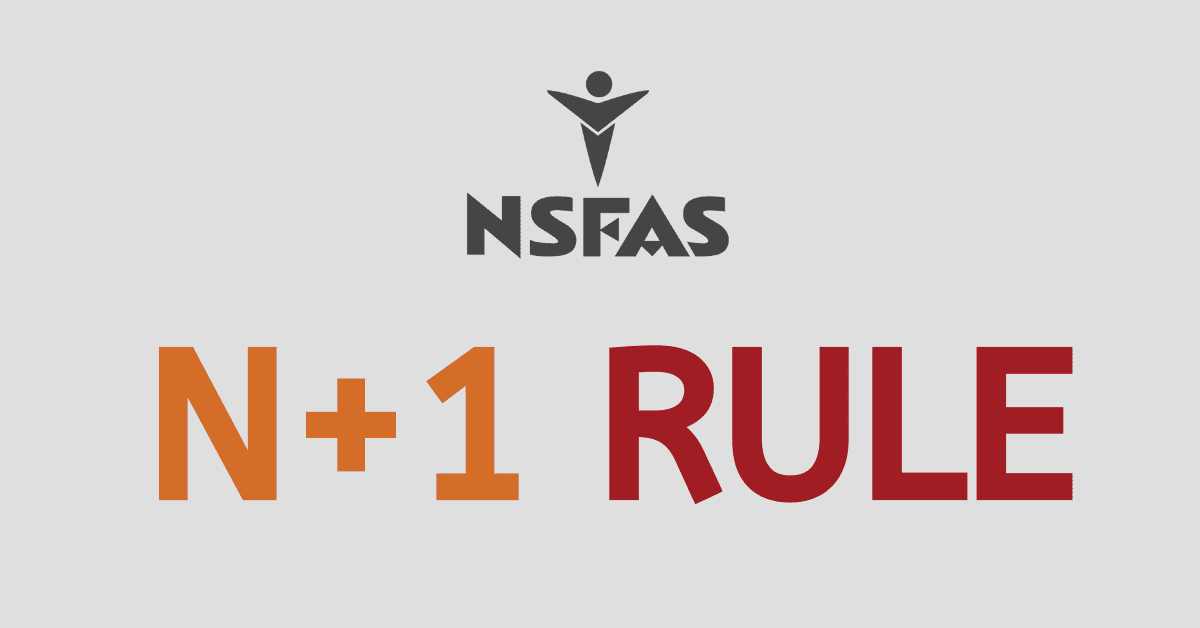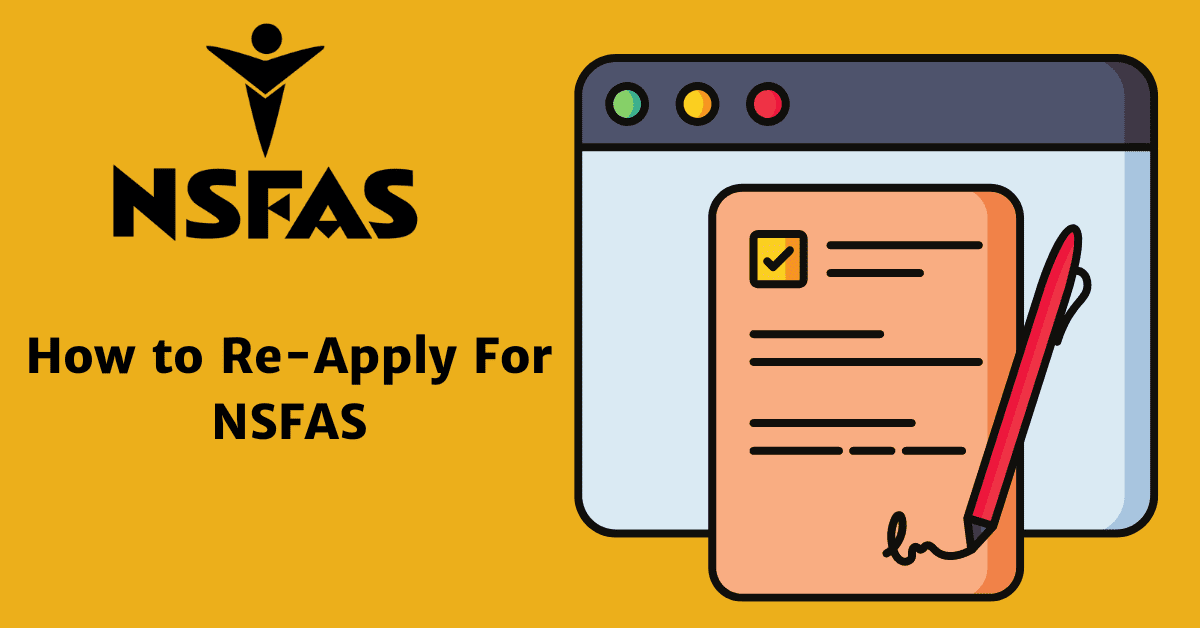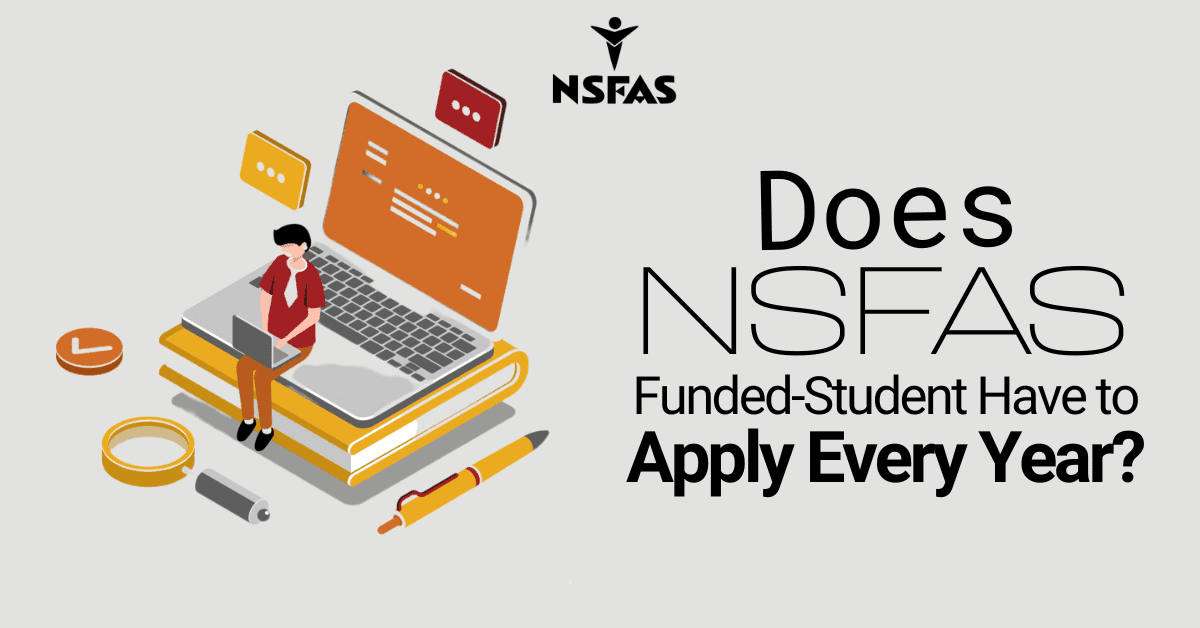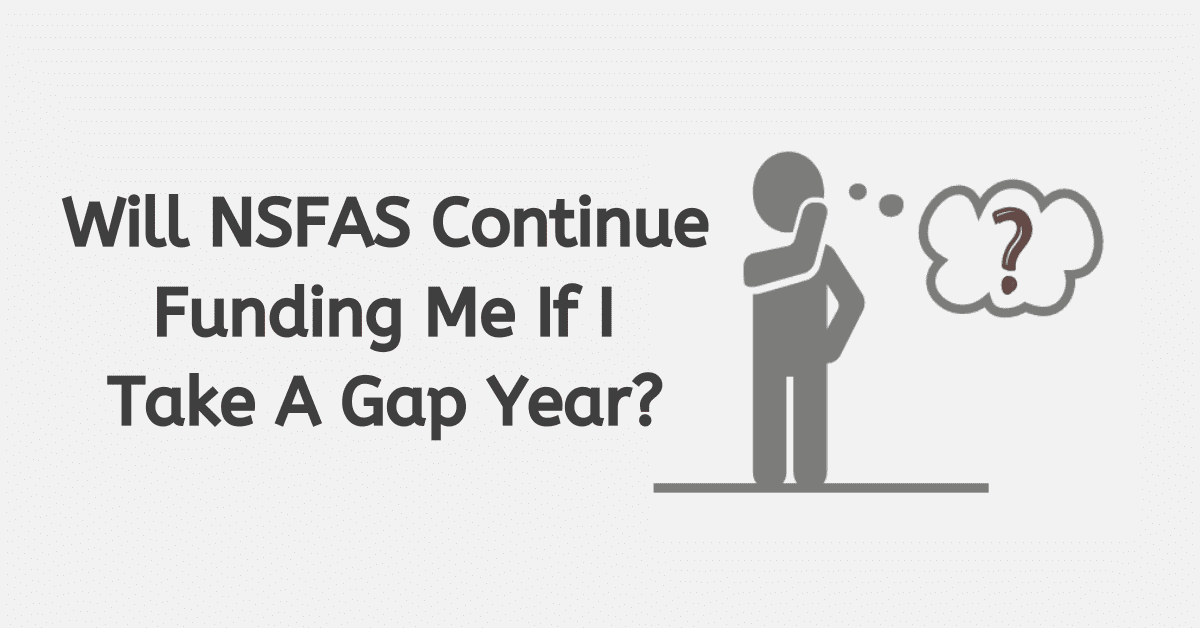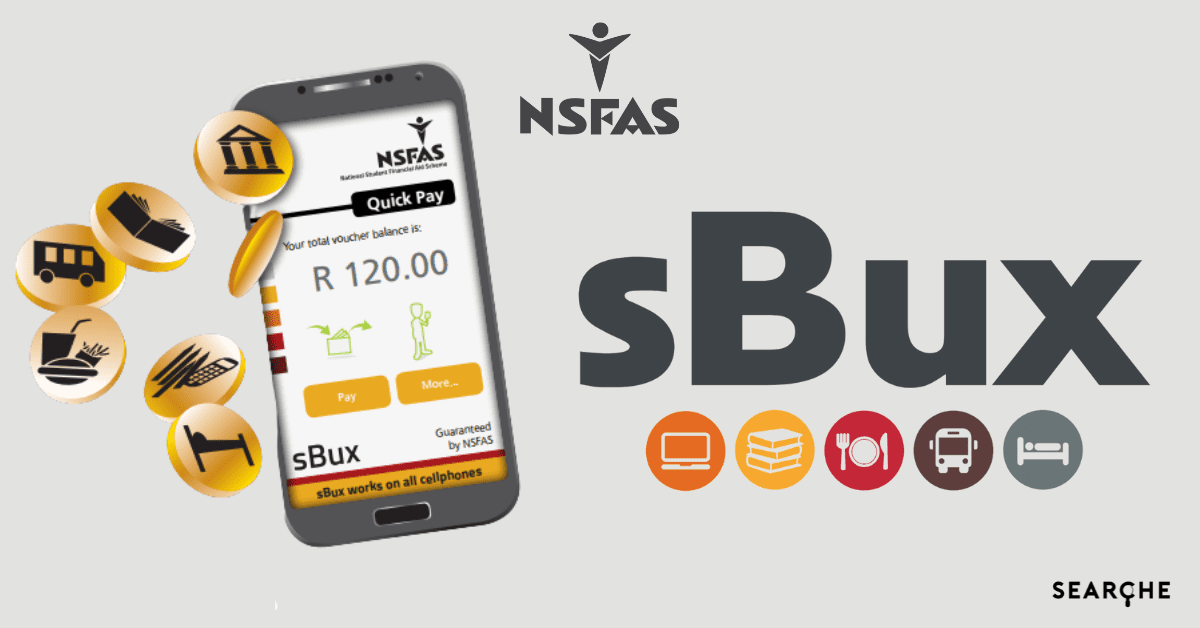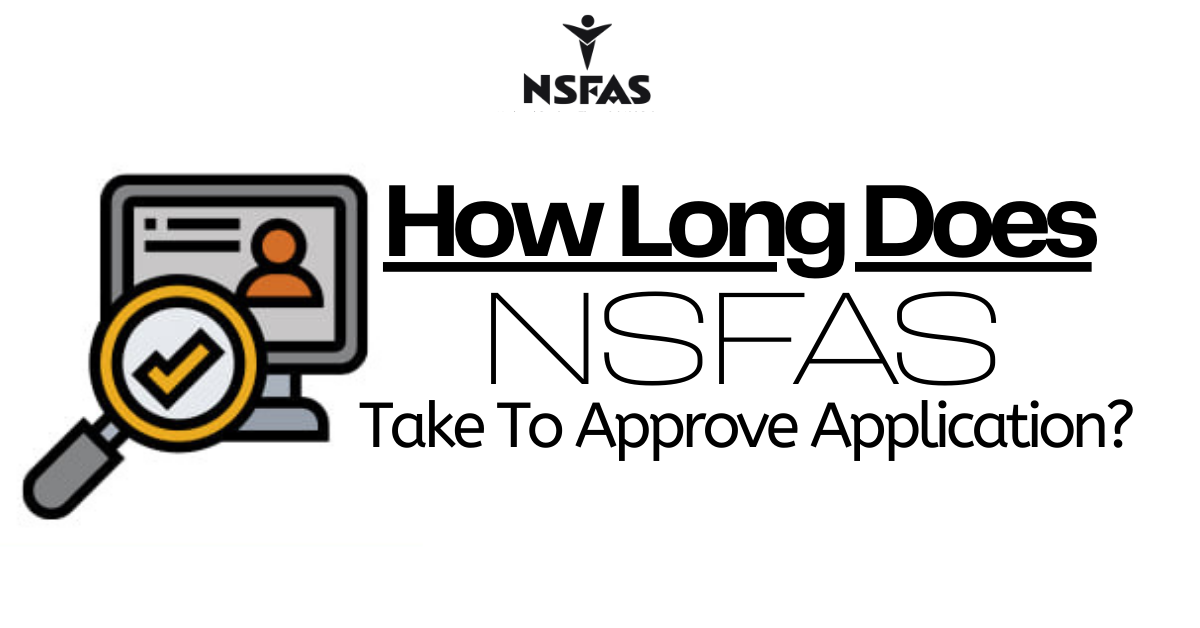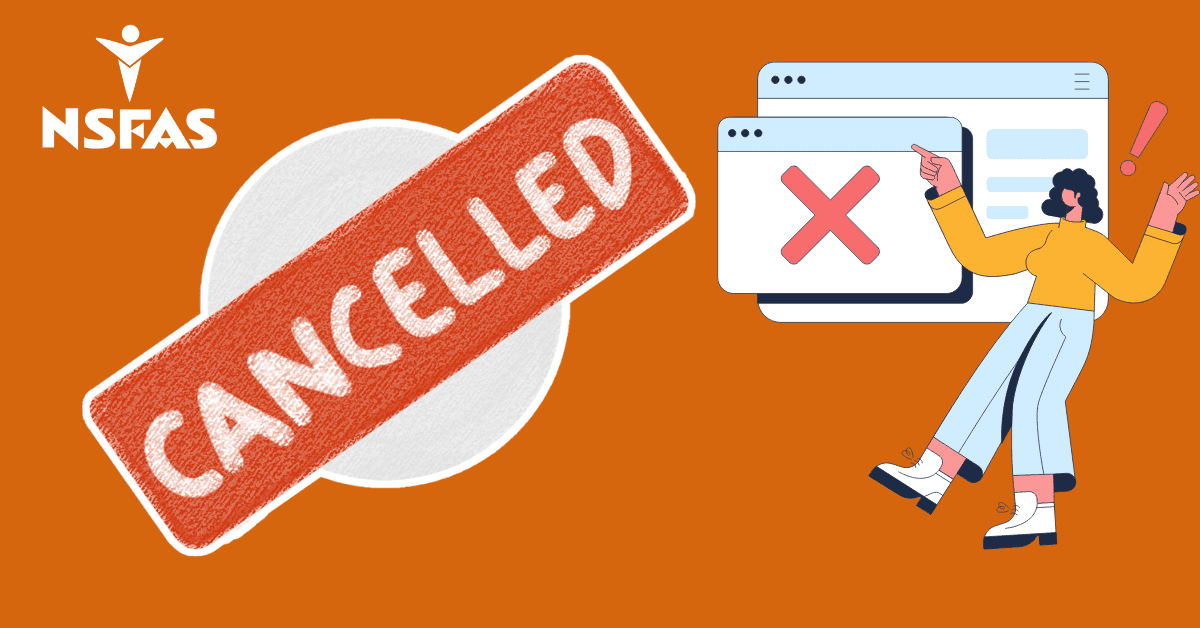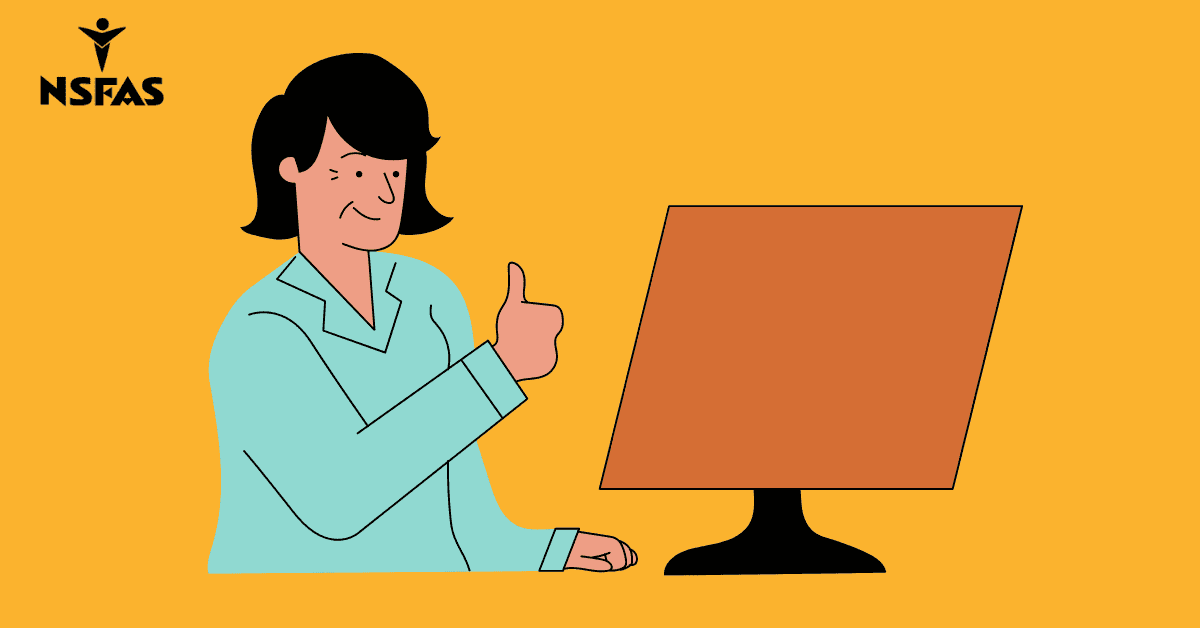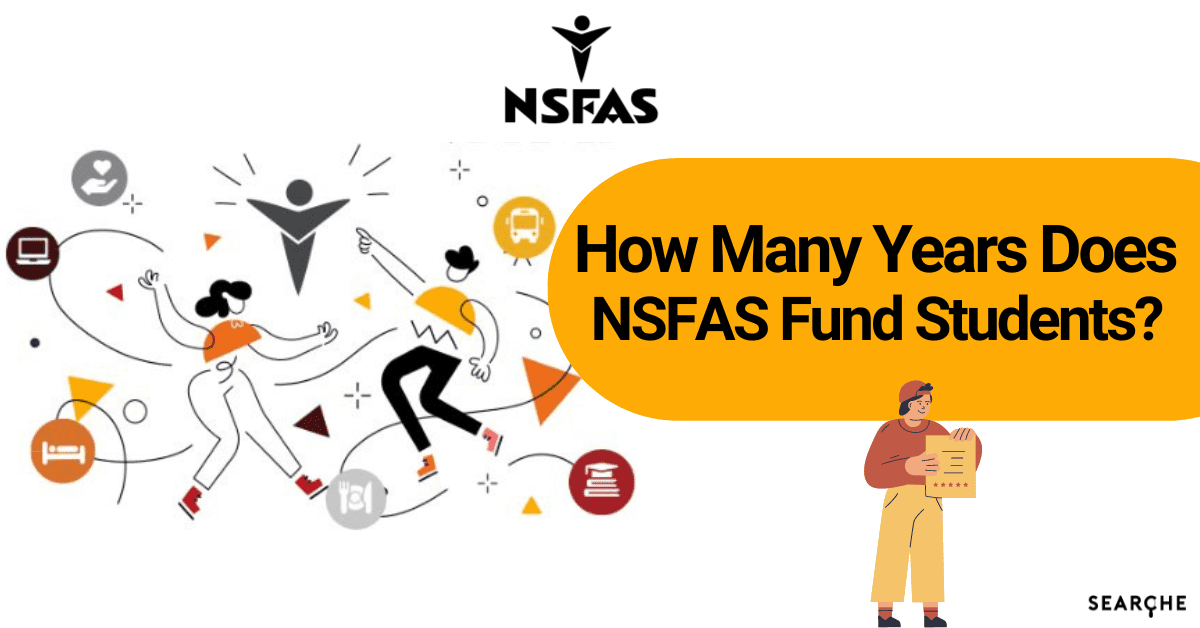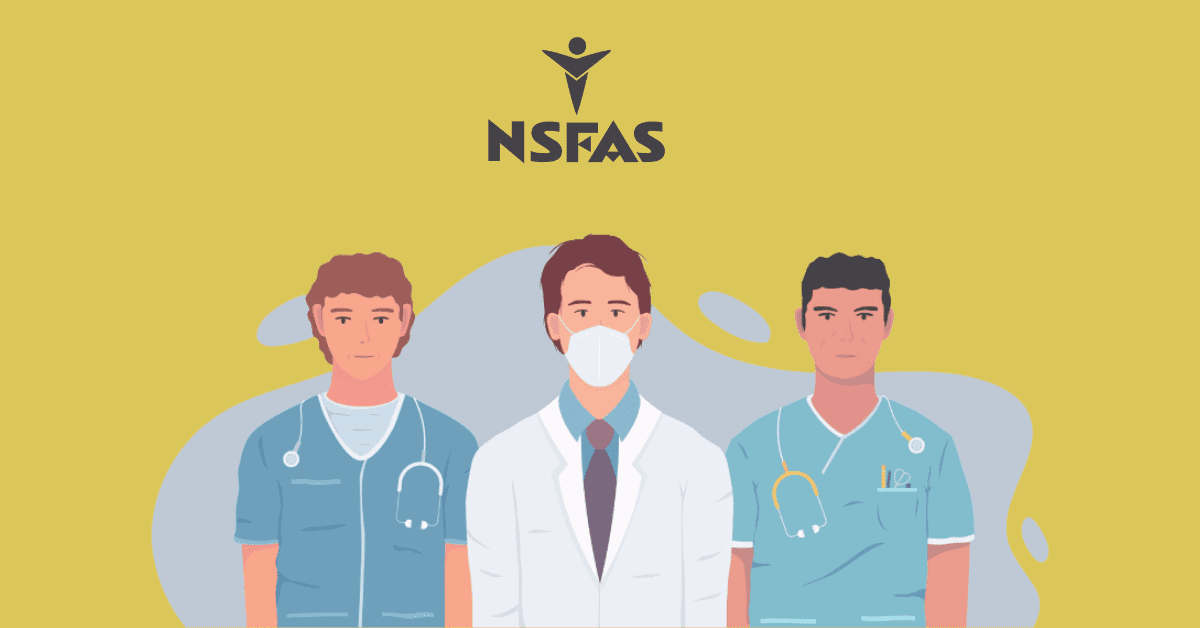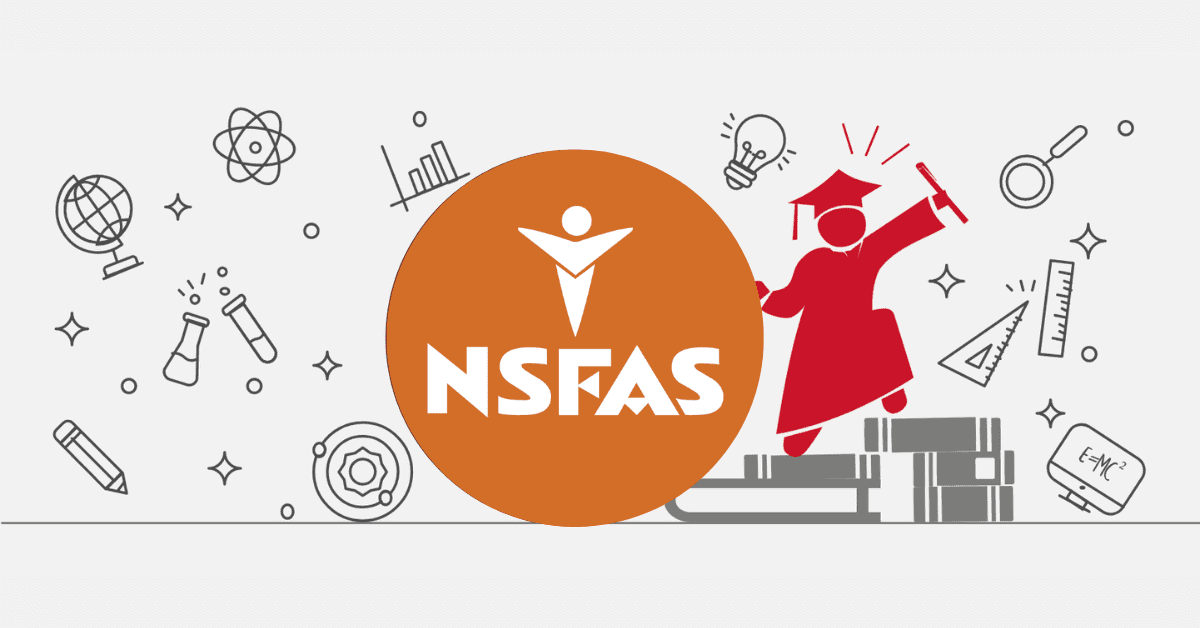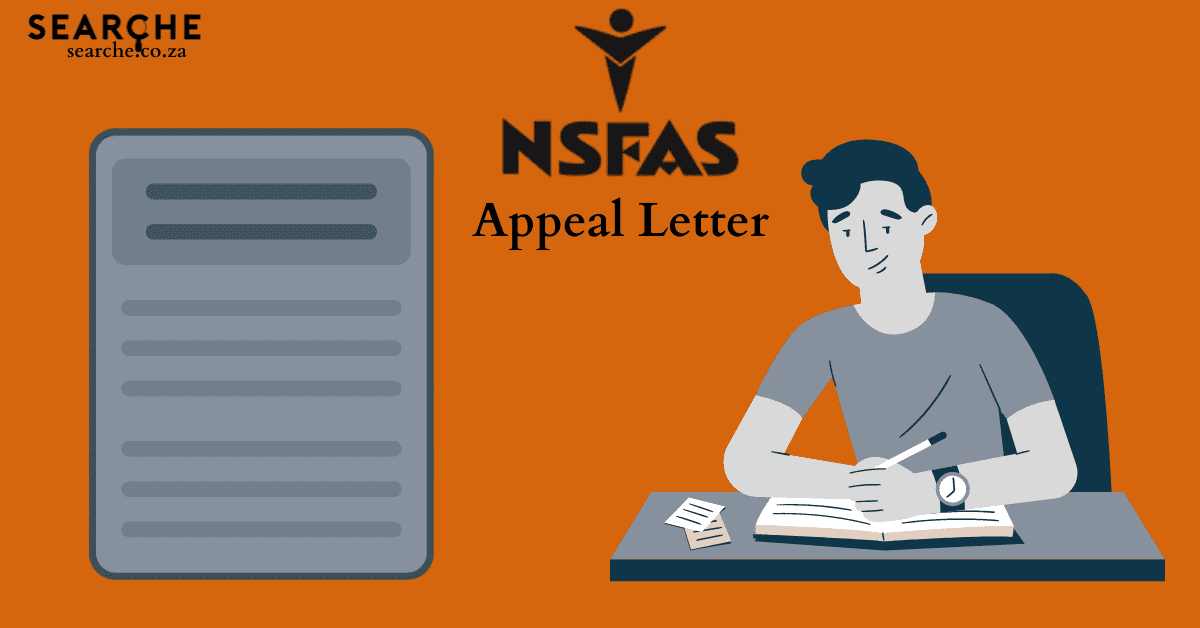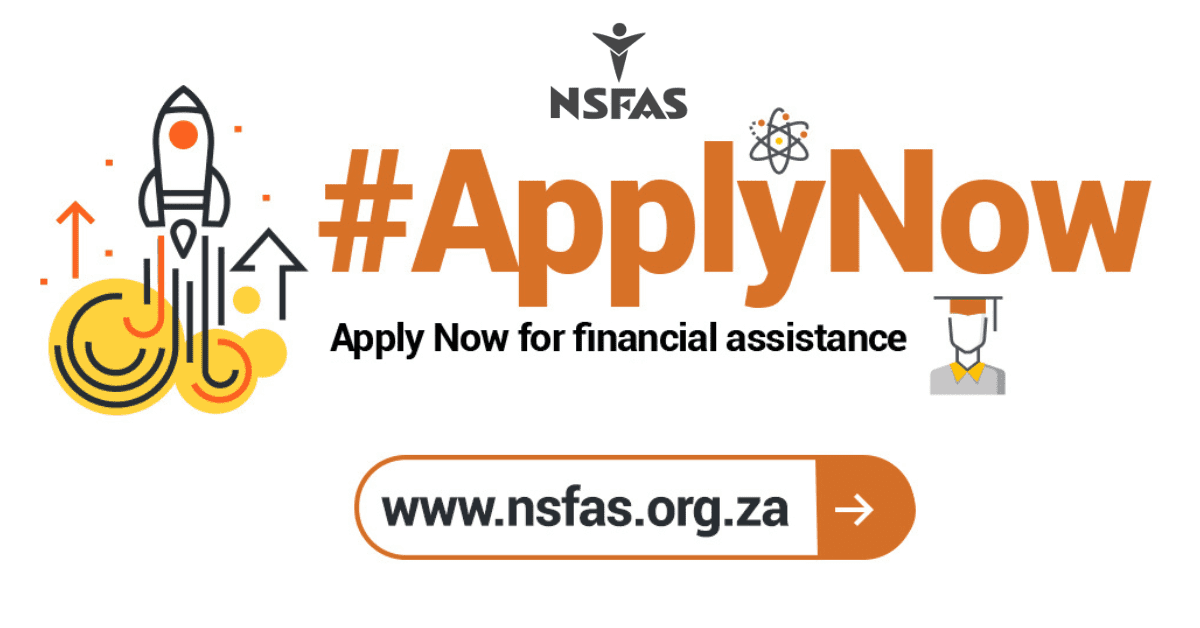The National Student Financial Aid Scheme (NSFAS) is a government-funded program that was created to provide financial assistance to students that wish to pursue a tertiary education but may not be able to do so due to financial constraints.
NSFAS bursaries are the most sought-after educational funding schemes in SA and are broken down into four main types of programs:
- Technical and Vocational Education and Training (TVET)
- The Funza Lushaka Bursary Programme
- Social Work Bursaries
- Disability Bursary Programme
However, in order to qualify for one of these funding programs, students are required to meet certain requirements, which we will go through in detail in the article to follow.
Let’s get started.
Requirements For NSFAS Online Application
First, let’s go through the basic qualification criteria required for a bursary through NSFAS. This includes:
- A valid cell phone number (preferably that you personally own)
- A valid email address
- A valid South African ID document or Birth Certificate
- Copies of your parent’s or guardian’s ID documents
Students must ensure that they meet ALL of the following requirements:
- You MUST BE a South African citizen
- You MUST register at any of the 26 UNISA public universities or one of the 50 approved TVET colleges.
- SASSA grant recipients ARE eligible to apply
- The combined income in your household CANNOT exceed R350,000 per year
- The combined household income for persons with a disability CANNOT exceed R600, 000 per year
- The combined household income of a student who began their studies before 2018 CANNOT exceeds R122, 000 per year.
- You MUST have passed Grade 9 to receive funding to study at a TVET college
- You MUST have passed Grade 12 to receive funding to study at a university
For postgraduate courses, ONLY the following fields of study are acceptable:
- B Tech – Architecture / Architectural Technology
- B Tech – Biotechnology, Biokinetics
- Postgraduate Diploma in Accounting
- Postgraduate Certificate in Education
- Bachelor of Law/ LLB
You will NOT qualify for funding if:
- You are an international student and do not possess South African citizenship
- You have a previously completed qualification
- You require funding for a part-time or short course
- Your combined household income exceeds the respective thresholds for differing student types as outlined above
- You have already qualified for funding.
What Documents Do I Need For NSFAS 2025?
Now that we’ve gone through the requirements to apply for funding by NSFAS, it’s important to note that students will need to provide several supporting documents in order for their application to be considered.
Here is a list of the relevant documents that will be required:
- Relevant certified copies of ID documents – This includes the student’s, parents or guardians, and spouse’s ID documents
- Proof of residence (not older than three months)
- A copy of your latest academic results
- A motivational letter
- Proofs of income – This includes payslips, pension slips, or bank statements for self-employed individuals. Unemployed individuals will have to provide an affidavit confirming their reason for unemployment and sources of income, if any.
- In the event of the applicant’s parents or guardians being deceased or legally divorced, the relevant certified documents will be required, i.e. death certificates or decree of divorce.
- In the event of parents or guardians being separated, payslips of both individuals will still be required, accompanied by a letter from a social worker, religious leader, or Council confirming the separation.
- Certified copies of previous educational qualification
- First-time applicants will be required to submit a completed Parent/ guardian consent form.
- Applicants with disabilities will have to provide a completed Disability Annexure Form.
- Applicants that are recognized as a Vulnerable Child by the Department of Social Development will need to provide a completed Vulnerable Child Declaration Form.
These make up the mandatory and most relevant supporting documents required for all applicants; however, there may be additional requirements depending on your situation.
For example, students that have a part-time job or have siblings that are also studying will be required to provide other forms of proof in addition to those above.
Can I Apply For NSFAS Without Providing The Requirements?
The simple answer is NO!
Students will not be able to complete the full NSFAS online application without providing all the relevant requirements mentioned in the preceding sections above.
The NSFAS application is set in stages. Each stage of the application is required to be fully complete before the applicant can move to the next stage. Applicants are not allowed to skip stages, meaning that all information has to be completed or the application cannot be submitted.
Where To Apply For NSFAS?
Once you’ve perused all the requirements and decided to proceed, the process of applying for NSFAS funding is fairly straightforward and can be done in one of two ways: online or at the nearest NSFAS-approved application centre.
Online application:
- Visit www.nsfas.org.za and register on myNSFAS
- Click the “APPLY” button
- Complete all the sections of information required
- Upload ALL supporting documentation
- “Submit” your application
NSFAS application centres:
If the website is not working (this does sometimes happen), or if the student does not have access to the internet to complete an online application, students can visit their nearest National Youth Development Agency Center, Thusong Center, or NSFAS walk-in centres, where they will receive assistance from a qualified NSFAS representative.
These walk-in centres can become fairly crowded during peak application season; therefore, students are advised to exhaust all options of the online application before considering visiting an approved application centre.
Is NSFAS Online Application Opened?
NSFAS student applications for the 2025 academic year are scheduled to open on 1st September 2025 and will close on 31st January 2025.
Students are urged to check their MyNSFAS account regularly for potential changes to these dates and to avoid disappointment.
Conclusion
Applying for NSFAS funding is an online-driven process; therefore, the success (or failure) of the funding application relies heavily on the information provided by the applicant during the application process. Incomplete or incorrectly completed applications are two of the most common reasons for delayed or declined applications. Students are strongly advised to start compiling the relevant documents as early as possible and work methodically through the process to ensure they give themselves the best chance of success.
